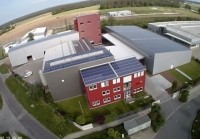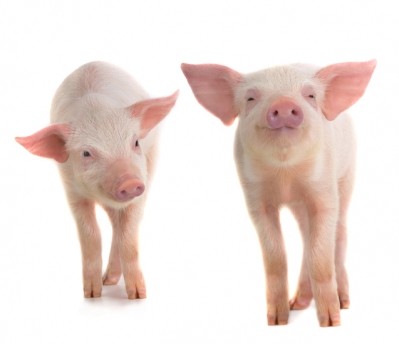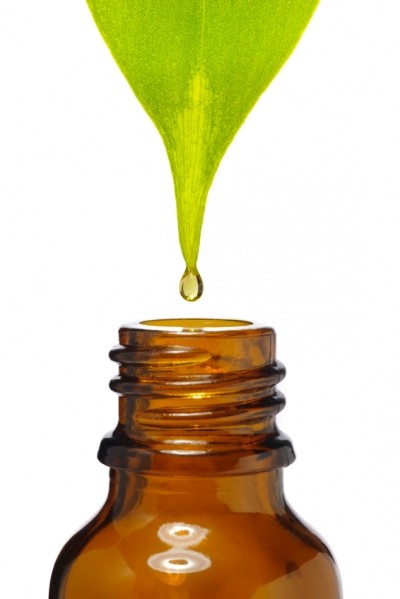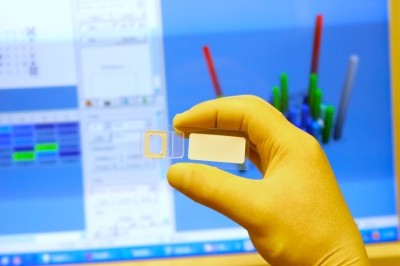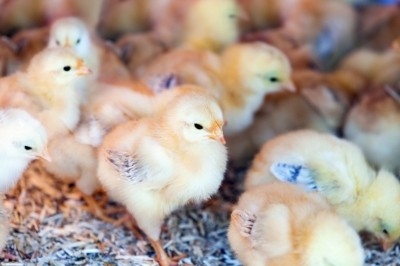Phytobiotics aiming to triple turnover by 2020 as new plant goes online
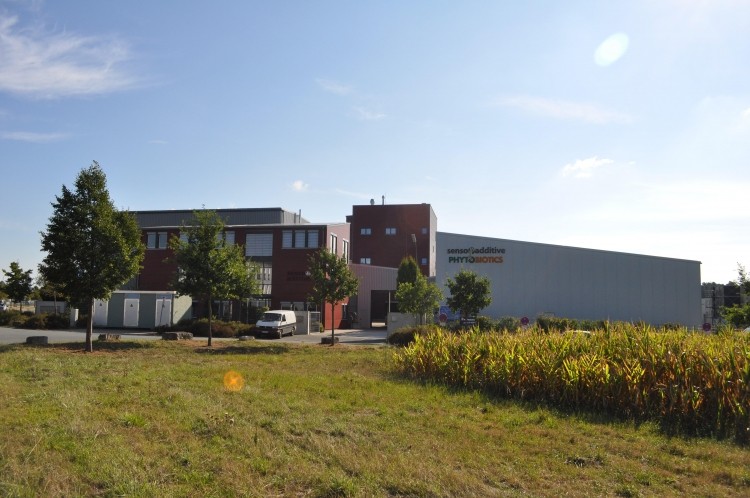
The Eltville headquartered company’s current annual turnover is around €40m.
“We recently registered our Sangrovit line for broilers in the US so we expect significant volume of product at our expanded Bavarian facility to be shipped to that market. We are continuing to work on approvals for other poultry and livestock species in the US.
We are also developing a new additive for the Chinese dairy cattle sector, which should be ready by the end of the year,” Dr Hermann Roth, director of Phytobiotics, told FeedNavigator.
The company’s Sangrovit line comprises plant derived micro-granules that are said to increase feed intake and thus promote animal growth, meat quality and yield.
Expanded production facility
This month sees its recently expanded production plant for that line in Neuendettelsau in Bavaria coming on stream. Investments, to the tune of €7m, in new buildings, machines and technology as well as in steerage control are expected to help it meet its 2020 growth targets.
The original production facility, which had been built in 2005, had reached its capacity limits. “We had to outsource production in the past to deal with demand pressures. Now we expect to have enough capacity for at least the next 10 years,” said Roth.
The new fully automated facility, he said, has the potential to manufacture up to 8000 tons of the plant based additives based on a three shift operation per year – a production process that begins with milling, rough and micro dosage via mixing and wet granulation and ends with fluid bed drying and packaging.
“With the new production plant we can produce our botanical additive line for a compound feed tonnage of up to 125m tons per year at an inclusion rate of 60g to 100g/feeds,” said Roth.
New granulation technology
The new technology, he added, enables the company to further enhance the Sangrovit product line.
The highlight of the new facility is a 10m long fluidized bed dryer, said Roth, which ensures good stability of the micro-granules during storage as it brings moisture levels to under 5% in the final product.
“The innovative wet granulation technology and added fluidized bed granulator produces fine granules with excellent flow ability characteristics. We are also able to wet granulate sensible molecules into a dust free structure which is neither possible with classical spray dry or pellet mill granulation," he explained.
He said the new equipment also allows granulates to be coated with substances for a more targeted and efficient release of the ingredients within the animal’s digestive tract, allowing the more sustainable use of feed additives along with protection of resources and the environment.
Split production
The old plant at the Neuendettelsau site will now only be used to produce flavors and sweetening mixes, a move Roth said will enhance quality at both facilities.
"Additives that have restrictions in terms of use such as saccharine containing piglet mixtures are now manufactured in the old ‘white’ plant and those for all species at all dosages are produced in the new facility.
This split in production processes enables clear quality management strategies and enables us to leverage the capabilities of the two plants, which are totally independent of each other, avoiding any cross contamination issues,” he added.
R&D investment
The director said R&D investment at the company remains significant — around €2m globally is ploughed into personnel and various animal nutrition and fermentation studies: “We have established research partnerships with well-respected universities in the US on projects such as Salmonella and coccidiosis control and we are currently sponsoring four PhD theses in several countries from Thailand to Bangladesh.”
Roth said the firm’s innovation process and spend on R&D has resulted in over 50 international patents.
Along with a joint venture production facility in China, Phytobiotics has a premix plant in Brazil and sales offices in both those markets as well. It also has a sales presence in the US, Russia, Thailand, Denmark, France and Nigeria.
The firm also supplies the bioenergy sector with technology and fermentation stimulants both at farm and industry level in Europe and Asia.
